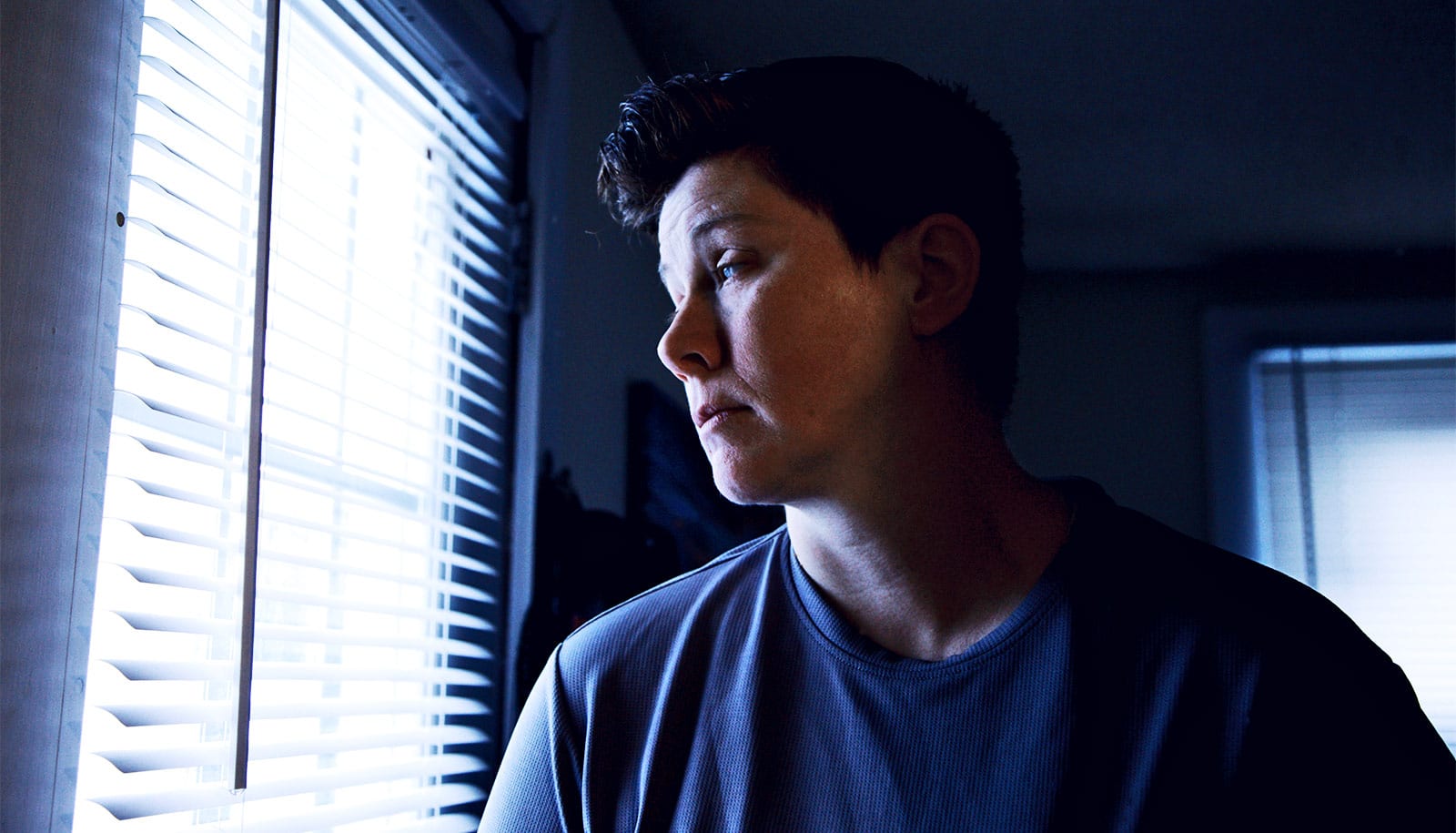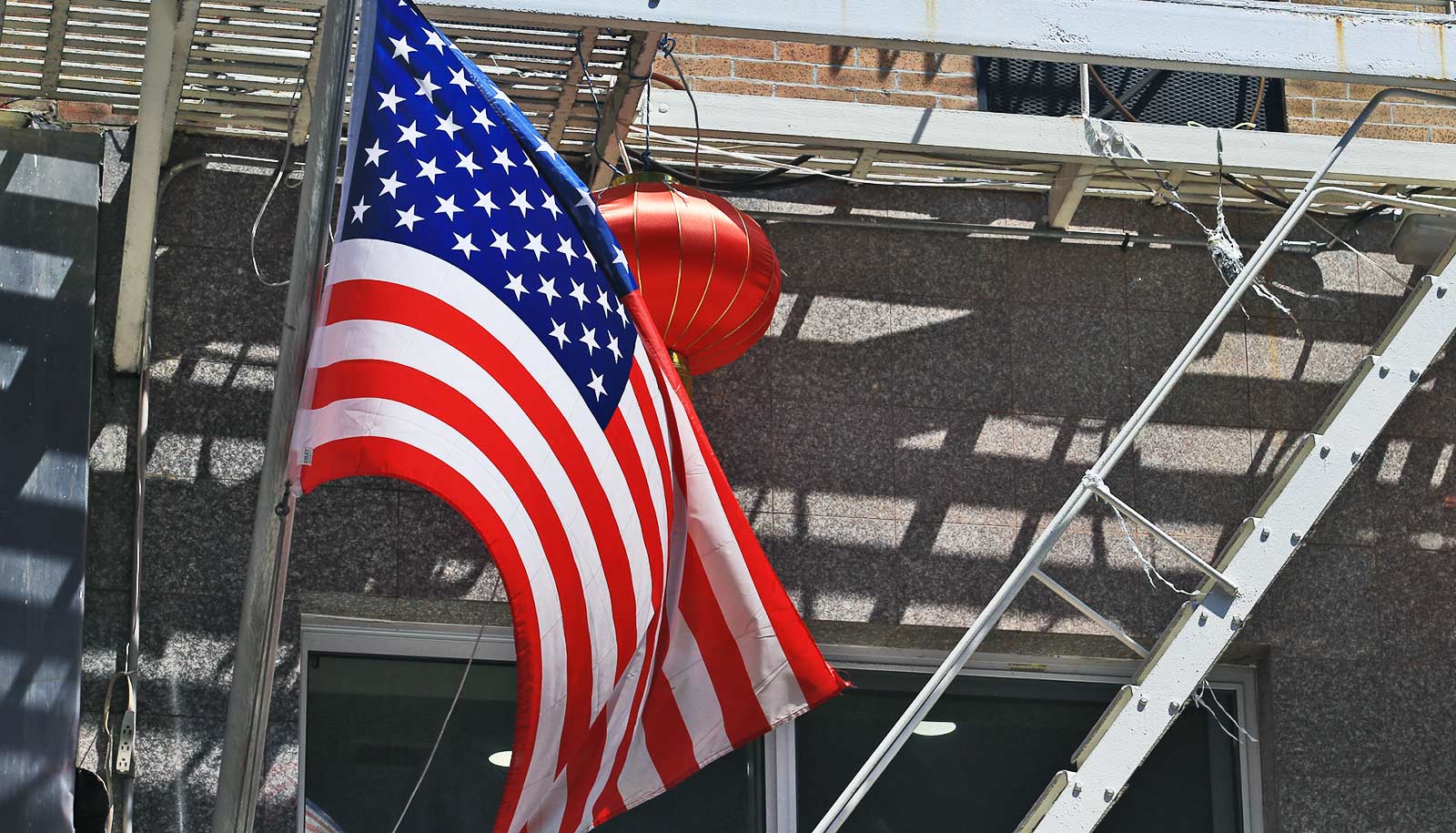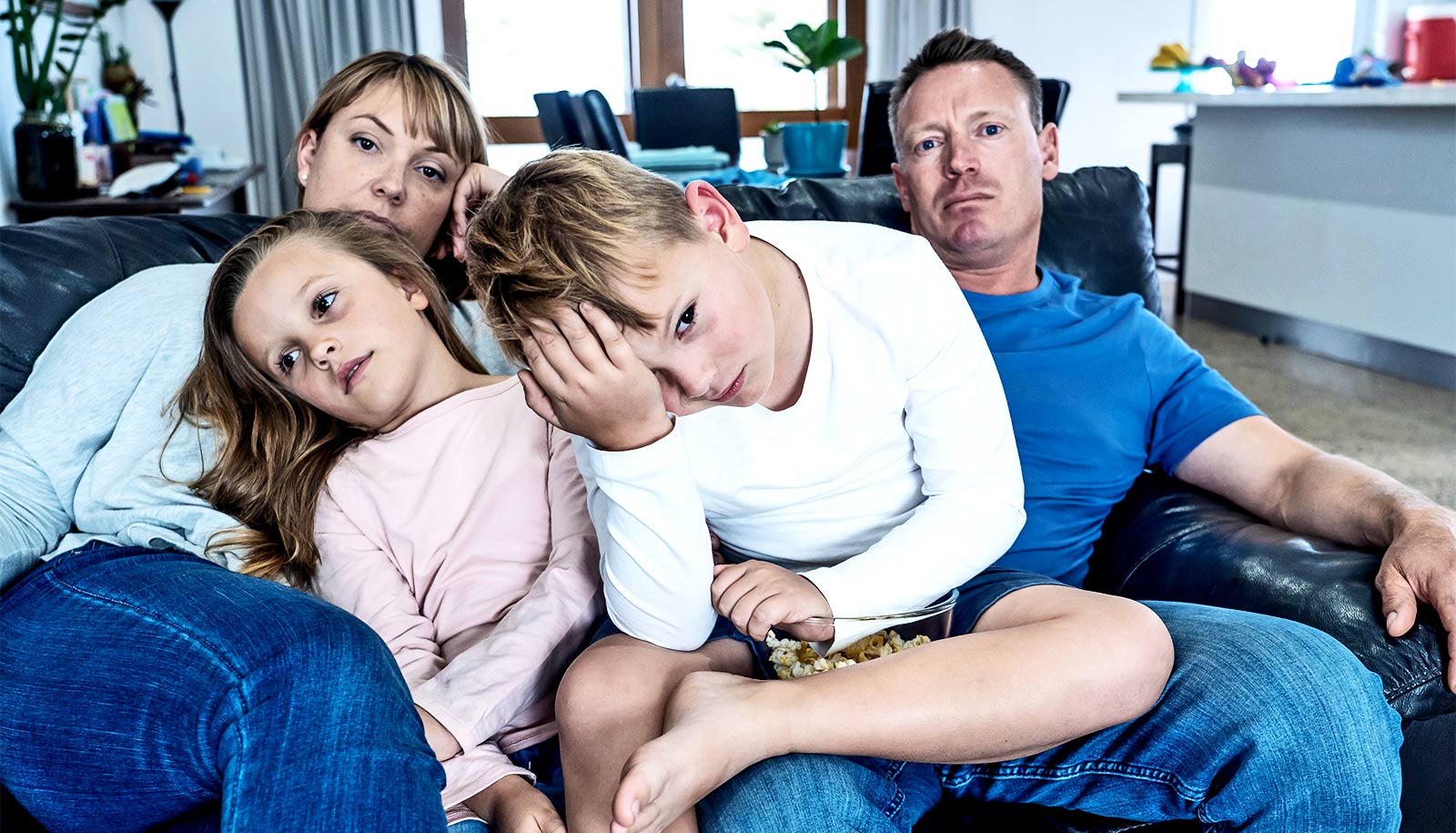For some Americans, the COVID-19 pandemic has emerged as a source of traumatic stress that may predict post-traumatic stress disorder, or PTSD, according to a new study.
Research shows that the association between COVID traumatic stress and PTSD is stronger among people who have repeated experiences of past trauma. The findings were true across racial groups, with the exception of Asian Americans.
“While many people are insulated from deaths and economic hardships related to the pandemic, there is a universal experience of fear, concern for others, and social isolation,” says lead author Jeff Ashby, professor of counseling and psychological services in the College of Education & Human Development at Georgia State University and co-director of the Center for Stress, Trauma and Resilience.
“Among our findings is that the experience of COVID-19 is a traumatic stress. It isn’t just triggering earlier trauma, it’s a traumatic experience in and of itself.”
For the study in the Journal of Community Psychology, researchers surveyed 745 people to examine the potential interaction of race/ethnicity, COVID-19 traumatic stress, and cumulative trauma in the prediction of PTSD symptoms. They used a recently validated COVID-19 Traumatic Stress Scale to measure the pandemic’s effect as related to the threat or fear of infection and death.
Generally, the research revealed a positive and significant association between COVID traumatic stress and PTSD symptoms, suggesting that the pandemic is a unique traumatic stressor. Among all racial groups except Asian Americans, there was also an association between increased PTSD symptoms and high levels of cumulative trauma.
“We found a three-way interaction between COVID traumatic stress, cumulative trauma, and race in predicting PTSD,” says Ashby. “That means there is a relationship between cumulative trauma and PTSD, and there is a relationship between COVID traumatic stress and PTSD. And except for Asian Americans, those of us who have more cumulative trauma are more likely to experience COVID-19 as a traumatic stressor.”
For Asian Americans who experienced COVID traumatic stress, higher levels of cumulative trauma did not appear to worsen PTSD symptoms. Instead, the relationship between COVID, traumatic stress, and PTSD symptoms did not appear to be affected by previous trauma for this group.
Why were the effects for Asian Americans conspicuously different? The researchers note there could be several contributing factors. For one, research has consistently found that Asian Americans are less likely to report psychological distress than other identified groups, which may have affected the survey results.
It’s also important to consider the findings against the backdrop of increased discrimination and violence against Asian Americans during the pandemic. Asian Americans who have a greater history of previous trauma may be more affected by being scapegoated as the source of COVID‐19 in the US, and as a result, COVID‐19 specific trauma (for example, a personal fear of infection) may have a comparatively diminished effect on PTSD symptoms.
“The results emphasize the importance of examining subgroups in the community for potential exacerbating—or buffering—effects of COVID stress on mental health outcomes,” Ashby says.
The authors note that the study has several implications for community psychology. For example, the study provides evidence that COVID‐19 can be considered a unique trauma, which could fuel efforts to advocate for trauma-informed care in communities and schools.
Given the pandemic’s outsized effect on marginalized groups, trauma-informed care could help minimize disparities in mental health outcomes related to the experiences of the pandemic. Community psychologists are also well-positioned to engage in efforts to explicitly address anti-Asian sentiment, which may decrease discrimination and prevent poorer mental health outcomes for Asians and Asian Americans.
“We used to think about trauma as something in the background. Trauma-informed care providers couldn’t always be sure who had experienced a trauma,” says Ashby.
“The pandemic is different. Although COVID-19 has not impacted all people equally or in the same ways, it is a unique shared experience. We are all compromised by this prolonged and ongoing traumatic stress, even if we haven’t experienced PTSD.”
Additional coauthors are from the Center for Cumulative Trauma Studies in Atlanta and Georgia State.
Source: Georgia State University



